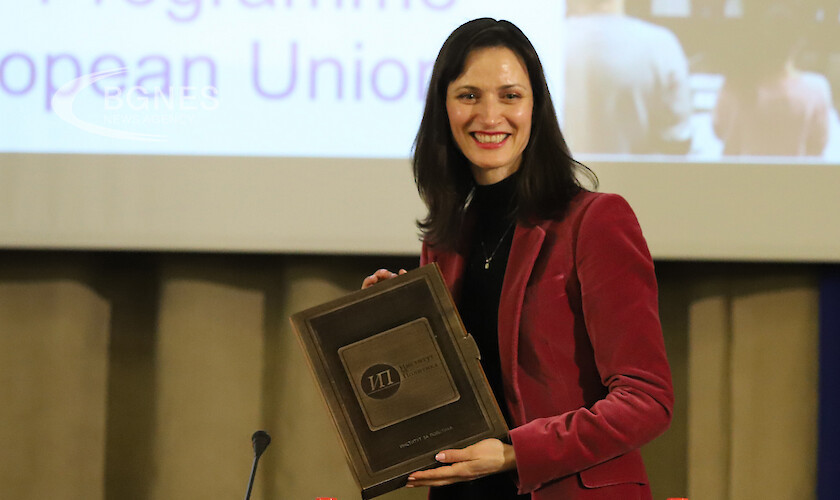Europe's global approach to cooperation in research and innovation: strategic, open, and reciprocal
Today, the Commission adopted a Communication on its Global Approach to Research and Innovation, Europe's strategy for international cooperation in a changing world. With this, the EU aims to take a leading role in supporting international research and innovation partnerships, and to deliver innovative solutions to make our societies green, digital and healthy.

Excellent research needs the best minds from all over the world to work together. It is a strategic priority for the EU. Yet international cooperation in research and innovation is taking place in a transformed global landscape, where geopolitical tensions are rising and human rights and fundamental values are being challenged. The EU's response is to lead by example, promoting multilateralism, openness and reciprocity in its cooperation with the rest of the world. The EU will facilitate global responses to global challenges, such as climate change or pandemics, respecting international rules and fundamental EU values and strengthening its open strategic autonomy.
Executive Vice-President for A Europe Fit for the Digital Age, Margrethe Vestager, said: “Openness has always been a cornerstone in our cooperation with the rest of the world. Our response to the pandemic has shown the benefits of more open science, of sharing data and results for the benefit of people in Europe and the rest of the world. This strategy will help us to create a global critical mass of research and innovation to help us find solutions to today's pressing global challenges.”
Commissioner for Innovation, Research, Culture, Education and Youth, Mariya Gabriel, said: “To make sure that this openness works, and that researchers can cooperate across borders as easily as possible, we do not only need support from major funders like the EU, but also a clear framework that creates a level playing field on issues like ethical and people-centred research, the fair treatment of intellectual property and reciprocal access to research programmes. We will actively engage with partners who share these values and principles.” /BGNES




